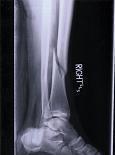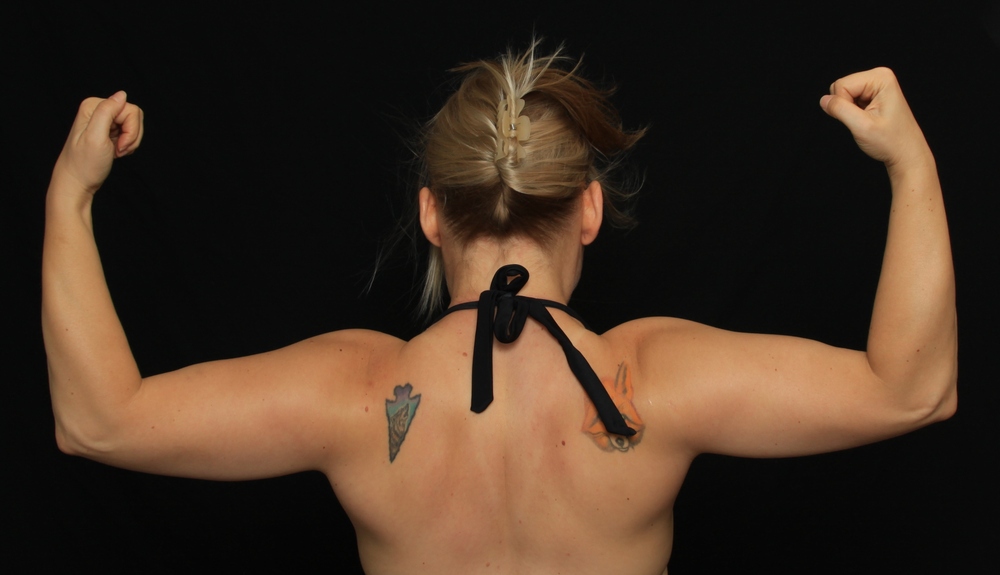Leaderboard
-
in all areas
- All areas
- Adverts
- Advert Questions
- Advert Reviews
- Videos
- Video Comments
- Blog Entries
- Blog Comments
- Images
- Image Comments
- Image Reviews
- Albums
- Album Comments
- Album Reviews
- Files
- File Comments
- File Reviews
- Dropzones
- Dropzone Comments
- Dropzone Reviews
- Gear
- Gear Comments
- Gear Reviews
- Articles
- Article Comments
- Article Reviews
- Fatalities
- Fatality Comments
- Fatality Reviews
- Stolen items
- Stolen item Comments
- Stolen item Reviews
- Records
- Record Comments
- Record Reviews
- Help Files
- Help File Comments
- Help File Reviews
- Events
- Event Comments
- Event Reviews
- Posts
- Status Updates
- Status Replies
-
Custom Date
-
All time
January 20 2016 - April 19 2024
-
Year
April 19 2023 - April 19 2024
-
Month
March 19 2024 - April 19 2024
-
Week
April 12 2024 - April 19 2024
-
Today
April 19 2024
-
Custom Date
12/03/2021 - 12/03/2021
-
All time
Popular Content
Showing content with the highest reputation on 12/03/2021 in all areas
-
2 pointsTwo notes from the article: "We don't know yet anywhere near enough" to make decisions about closing borders. Well, that's the problem, isn't it? We don't know. If we close the borders and it turns out to be (say) less dangerous than Delta, we've created some economic and personal misery for minimal additional protection. If we leave the borders open and it turns out to be significantly MORE dangerous, tens of thousands of people might die. Which option there is preferable? "If Omicron turns out to be a fast spreading virus with mostly mild symptoms for the majority of people who catch it" then it could get us to herd immunity. Yes, that would be great. But there's that very important word "if" in there. It would be just as valid to say "if Omicron turns out to be a fast spreading virus that's more deadly than Delta, then opening borders prematurely could result in tens of thousands of deaths." Again, we don't know yet. She also says that in two weeks we will know more. THAT would be a good time to open up borders again if it turns out to be less deadly than COVID. But let's say it's about as deadly as the original strain and it also evades vaccine-based immunity. Wouldn't it make sense to use the same precautions we used back then to reduce serious illness and death? I would also note that she is basing her opinion that it's not dangerous on a total of about ten patients. (She doesn't mention the number, but she mentions that she just started to see them in ones and twos, and on one day saw five patients with it.) Keep in mind that the original strain was about 1% fatal and 5% hospitalization - so if she saw 10 patients (and all were healthy) she wouldn't be able to tell if it were any more or less dangerous than the original strain. You'd expect them to all have non-serious disease. Once she sees (say) 100 patients with it, we might get better data. Also keep in mind that even if it is exactly as dangerous as the original strain, we have better drugs/procedures/ventilator best practices/data from ECMO support, so that they are more likely to survive even if omicron is just as virulent as the original strain. That's a good thing - but it also means that if we see 1% death/5% hospitalizations from this variant, it's considerably worse than the original variant was. It sort of "resets" the advances we've made in treating it. But again we just don't know yet. It's likely that at some point most people will get a variant of this. If they get it after vaccinations, and after drugs like Paxlovid and molnupiravir are approved, then the death toll will be greatly reduced. Delaying pandemic waves until after that happens (i.e. most people are vaccinated and new drugs are available) the death toll will be greatly reduced. That seems like a worthwhile goal.
-
1 pointSome thoughts on evaluating risk in skydiving. We all evaluate risks, every single day. But we evaluate risks differently when it's something we want to do, rather than something we don't want to do. Four things you can do with risks normally are to avoid, mitigate, share, and accept. In each case, in order to make an intelligent decision, you have to understand the pieces of the risk, and the consequences. And in each case, if you want to be thorough (and when you're talking about high speed impact with the earth, it pays to be thorough), you should start by taking a contrarian view to what you kind of want. The 4 things come in that order because generally, those offer the easiest or cheapest way to navigate around risk. It's generally cheapest (whether money, injury, whatever) just not to do it; next is mitigating, because then you have to understand it, and it's in your control still. Accepting it is last -- often that just means "shit happens," and shit happens fast in skydiving. Try not to go there. In other words, if you really don't want to do something, get someone who thinks you should to enumerate the reasons why, and consider them honestly. If the consequence is loss of friendship or macho points, that's different from injury or death. And if you really want to do something, get someone who thinks it's a bad idea to enumerate the reasons why, and consider them honestly. They are potential costs of doing it, and might have to be paid for. Got insurance? Got a job with sick leave? That might enter into whether you want to start swooping or downsize, because injury is a very honest possible consequence of skydiving, and downsizing will generally increase the chances of injury. Even if you're good. Mitigating might include getting additional formal training in a new canopy or skill (CRW camp, finding a mentor). It might include starting swooping with a larger canopy than you currently own. It might include limiting you who are willing to skydiving with. But regardless, it means understanding the components and consequences honestly, and not with rose-colored glasses or an unwarranted spirit of optimism. And in skydiving it generally means taking an action, or specifically avoiding one. Mitigating can include running through emergency scenarios in your mind, and considering what you would do in that case. What happens if someone cuts you off? What happens if it happens at 50 feet instead of 200 feet? How about if you end up in someone's back yard? Risk sharing? Not sure how well that applies in skydiving. The consequences of a bad decision are rarely lessened when they're shared -- it only means more people are damaged... And accepting should mean that you've seriously considered the risks and are just saying "I'll go for it, with no additional preparation." Which might be just fine, if you really are ready, or if the consequences are supremely unlikely (like an asteroid hitting your canopy, not like dropping a toggle). Or it might just be an immature way of saying "the heck with it, I'm going for it, and assuming that there will be no consequences." Refer to my tag line... Wendy P.
-
1 pointThe people that every American asks to do the hard work - someone else.
-
1 pointYou might check out this packing video from PD. The line stows part starts at the 21:00 minute mark
-
1 pointTHis seems like a good place to put this tutorial:
-
1 pointI would recommend using regular rubber bands and double stowing everything, and not worrying about the pull force that much. Hear me out. Single stowing can produce sufficient force on majority of the lines, but (speaking about locking stows) the line that sits on the bottom touching the grommet isn't as tensioned as the rest of them, nor does it have sufficient friction and can fall out much easier. If it falls out, it can wrap around something and cause a bag lock. As for the non locking stows, they are touching the rubber all around, but if you are using the same rubber bands for everything, they are going to be too loose to single stow for the non locking ones. You could use smaller rubber bands and single stow for the non locking stows, but that means keeping spares of both sizes, and that sucks. The most important thing is that your lines disconnect from the stows in the correct order. Bag locks aren't fun, line dumps even less so. Pull force is secondary to that. I would also recommend getting a semi stowless. Much easier to pack, better openings, less chance of a bag lock. If they are good enough for your reserve, they should be good enough for your main.
-
1 point
-
1 pointI’m going to wander over to General Skydiving and see how their thread on the January 6th Committee is going.
-
1 pointI was just thinking the same thing! Seeing all these peeps from back in the day brought a smile to my face! Used to be some wild threads in the Bonfire!
-
1 point
-
1 point
-
1 point
-
1 point
-
1 point
-
1 point
-
1 point
-
1 point
-
1 pointHoly Shit. Slappie in the house. It's been awhile. There's still quite a few that attend class regularly, but many more who peek in on occasion just to say hello. The format changed a couple of years ago, some think for the better, others not so much, but there is always resistance to change when it comes to technology. Hope you're doing well and I'll let the others speak up when they open the door.
-
Newsletter


.thumb.jpg.4bb795e2eaf21b8b300039a5e1ec7f92.jpg)






